Jeff Beck
Jeff Beck是摇滚乐殿堂中的音乐天才,他用手中的吉他创造了一个出神入化的境界,在二十世纪六十年代以后的吉他演奏领域中独霸一方几十年。 Jeff 1944年6月24日出生英格兰的惠灵顿。六十年代早期,他在展转几个乐队之后,于65年加入庭院鸟乐队,代替了Eric Clapton.,由于Jeff的吉他演奏风格不同于Clapton的蓝调,因此,乐队开始向更加激烈的摇滚乐发展,这一时期乐队录制的歌曲《I’m a Man》、《Shpes of Things》以及《Happening Ton Year’s Time Ago》,使Jeff的吉他和歌唱在摇滚乐坛上产生了极大的反响。 1966年10月,Jeff退出庭院鸟乐队,重新回到英国发展。不久推出单曲《HiHo Silver Lining》,打进排行榜第14位。翌年3月,Jeff和Stewart、Ron Wood、Rey Cook组建了Jeff Beck乐队。1968年8月,乐队推出了首张专辑《真实》,并且一经推出就上排行榜第15位。在这张专辑中,除了Jeff精彩的演唱外,吉他的精湛技术更是显露无疑,时而山洪呼啸,时而如飞机轰鸣,这是这张专辑成功的关键。 1969年,虽然乐队的成绩一直不错,可是由于Jeff和Stewart的反目,导致乐队解体。70年代,Jeff联合鼓手Cozy Powell、钢琴手Max Middleton、贝斯手Clive Charman和歌手Bob Tench组织了新的Jeff Beck乐队。这支乐队共出版了两个专辑,分别是71年的《Rongh And Ready》和73年的《Jeff Beck Group》。在这一时期的作品中,Jeff结合了一些爵士乐的一些精髓,将它运用到自己的音乐中,使他的吉他演奏更加韵味十足。 1975年以后,Jeff开始了他的独唱生涯,并录制了许多优秀的专辑。随着时间的推进,Jeff渐渐步足爵士摇滚乐,并在这个双向结合的领域创造了卓越的成绩。这一切你可以从他的专辑《Wirde》和《Jeff Beck With the Jan Hamner Group Live》中听得出来。 到了1980年,Jeff仍然以《那儿回家》冲入排行榜第二名,再次证明他非凡的实力。在此之后,Jeff经常与一些优秀的音乐家和乐队合作推出唱片,包括Clapton、Rolling Stong等。85年,Jeff与Stewart重新合作,组成了“人们准备好了”乐队。同时推出的《闪》专辑,因为其中一首名为《逃跑》的单曲而荣获86年最佳器乐摇滚演出奖。 九十年代以后,Jeff继续活跃在摇滚舞台上,并且多次参与其他音乐家的专辑录制。 by Stephen Thomas Erlewine While he was as innovative as Jimmy Page, as tasteful as Eric Clapton, and nearly as visionary as Jimi Hendrix, Jeff Beck never achieved the same commercial success as any of his contemporaries, primarily because of the haphazard way he approached his career. After Rod Stewart left the Jeff Beck Group in 1971, Beck never worked with a charismatic lead singer who could have helped sell his music to a wide audience. Furthermore, he was simply too idiosyncratic, moving from heavy metal to jazz fusion within a blink of an eye. As his career progressed, he became more fascinated by automobiles than guitars, releasing only one album during the course of the 90s. All the while, Beck retained the respect of fellow guitarists, who found his reclusiveness all the more alluring. Beck began his musical career following a short stint at Londons Wimbledon Art College. He earned a reputation by supporting Lord Sutch, which helped him land the job as the Yardbirds lead guitarist following the departure of Eric Clapton. Beck stayed with the Yardbirds for nearly two years, leaving in late in 1966 with the pretense that he was retiring from music. He returned several months later with Love Is Blue, a single he played poorly because he detested the song. Later in 1967, he formed the Jeff Beck Group with vocalist Rod Stewart, bassist Ron Wood, and drummer Aynsley Dunbar, who was quickly replaced by Mickey Waller; keyboardist Nicky Hopkins joined in early 1968. With their crushingly loud reworkings of blues songs and vocal and guitar interplay, the Jeff Beck Group established the template for heavy metal. Neither of the bands records, Truth (1968) or Beck-Ola (a 1969 album that was recorded with new drummer Tony Newman), was particularly successful, and the band tended to fight regularly, especially on their frequent tours of the U.S. In 1970, Stewart and Wood left to join the Faces, and Beck broke up the group. Beck had intended to form a power trio with Vanilla Fudge members Carmine Appice (drums) and Tim Bogert (bass), but those plans were derailed when he suffered a serious car crash in 1970. By the time he recuperated in 1971, Bogart and Appice were playing in Cactus, so the guitarist formed a new version of the Jeff Beck Group. Featuring keyboardist Max Middleton, drummer Cozy Powell, bassist Clive Chaman, and vocalist Bobby Tench, the new band recorded Rough and Ready (1971) and Jeff Beck Group (1972). Neither album attracted much attention. Cactus dissolved in late 1972, and Beck, Bogert, and Appice formed a power trio the following year. The groups lone studio album — a live record was released in Japan but never in the U.K. or U.S. — was widely panned due to its plodding arrangements and weak vocals, and the group disbanded the following year. For about 18 months, Beck remained quiet, re-emerging in 1975 with Blow by Blow. Produced by George Martin, Blow by Blow was an all-instrumental jazz fusion album that received strong reviews. Beck collaborated with Jan Hammer, a former keyboardist for Mahavishnu Orchestra, for 1976s Wired, and supported the album with a co-headlining tour with Hammers band. The tour was documented on the 1977 album Jeff Beck with the Jan Hammer Group — Live. After the Hammer tour, Beck retired to his estate outside of London and remained quiet for three years. He returned in 1980 with There and Back, which featured contributions from Hammer. Following the tour for There and Back, Beck retired again, returning five years later with the slick, Nile Rodgers-produced Flash. A pop/rock album recorded with a variety of vocalists, Flash featured Becks only hit single, the Stewart-sung People Get Ready, and also boasted Escape, which won the Grammy for Best Rock Instrumental. During 1987, he played lead guitar on Mick Jaggers second solo album, Primitive Cool. There was another long wait between Flash and 1989s Jeff Becks Guitar Shop with Terry Bozzio and Tony Hymas. Though the album sold only moderately well, Guitar Shop received uniformly strong reviews and won the Grammy for Best Rock Instrumental. Beck supported the album with a tour, this time co-headlining with guitarist Stevie Ray Vaughan. Again, Beck entered semi-retirement upon the completion of the tour. In 1992, Beck played lead guitar on Roger Waters comeback album, Amused to Death. A year later, he released Crazy Legs, a tribute to Gene Vincent and his lead guitarist, Cliff Gallup, which was recorded with Big Town Playboys. Beck remained quiet after the albums release prior to resurfacing in 1999 with Who Else! You Had It Coming followed in 2001 and his 14th release, Jeff, was issued on Epic two years later.

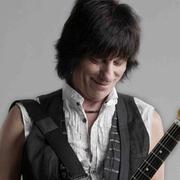
 This Is A Song For Miss Hedy Lamarr - Jeff Beck&Johnny Depp
This Is A Song For Miss Hedy Lamarr - Jeff Beck&Johnny Depp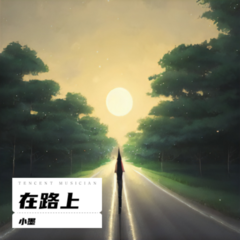

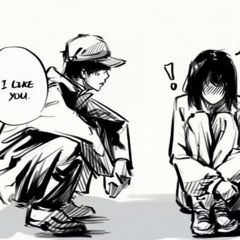
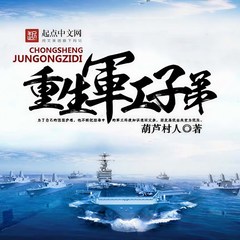




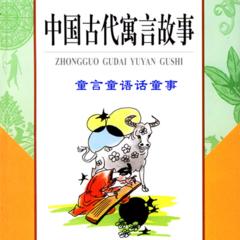

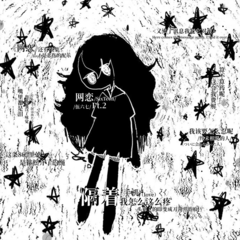


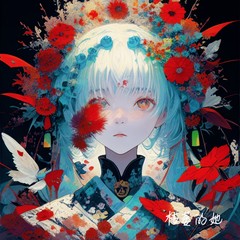
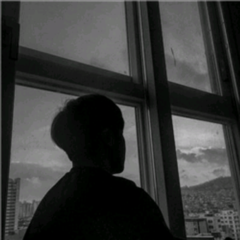
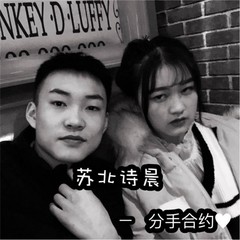













![[STATION] aespa《Dreams Come True》MV Teaser - aespa (에스파)](https://img2.kuwo.cn/wmvpic/324/79/54/2120387380.jpg?imageView2/1/w/195/h/130/format/jpg/q/60)





